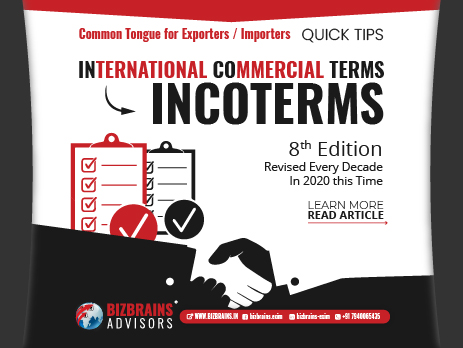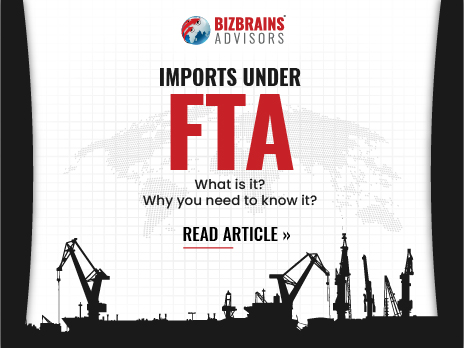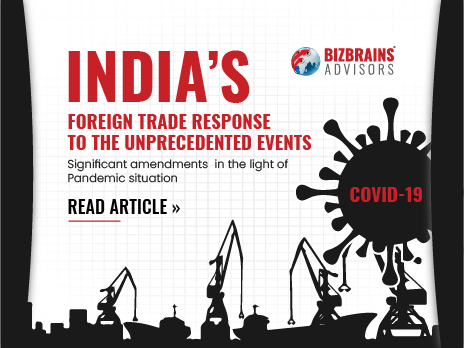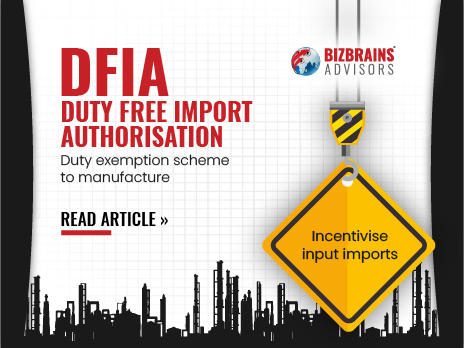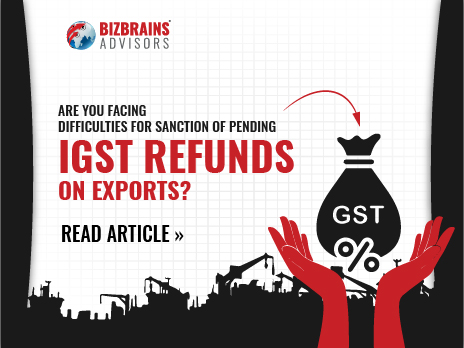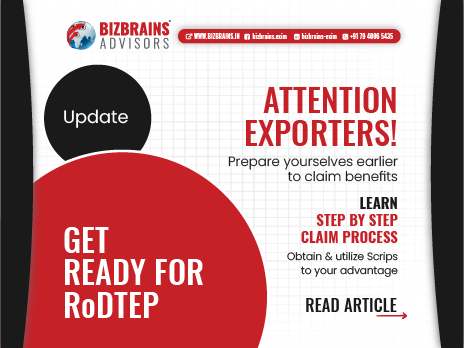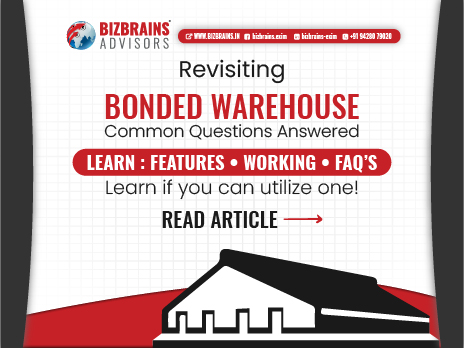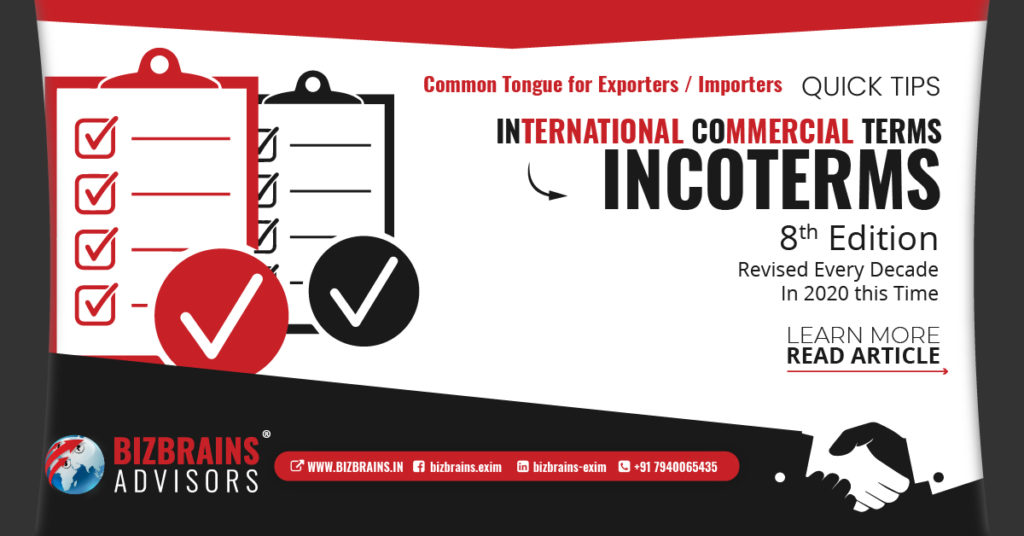
International Chamber of commerce publishes set of Incoterms to facilitate commerce around the world. Officially known as Internationally Commercial Terms.
The role of Incoterms is to prevent confusion in foreign trade contracts between buyers & sellers. This allows them to trade on common terms, easing the business.
This time let's dive into incoterms and their meaning.
As always let's start with brief history on where incoterms originates.
International Commercial Terms = Incoterms
Incoterms were created by the International Chamber of Commerce in the year 1936. Incoterms 2020 make the 8th edition of Incoterms as they are revised every decade. Incoterms are the mirrors to worldwide trade practices. Hence, as the practices change, their terms change as well.
Features of incoterms
- There are 11 incoterms.
- They are available worldwide through 100 International Chamber of Commerce National Committees.
- These terms aren’t law and they are country neutral.
- These are used in a sales agreement between a buyer and a seller.
- They are not enforceable by law. For example - India has not adopted incoterms but they are widely used.
- They define the costs and risks between exporter and importer in an international sales transaction.
Who uses incoterms?
Direct users
Buyers & Sellers
Indirect users
Banks, Insurers, Carriers & Forwarding Agents
How incoterms are used?
Use by banks:
- Incoterms are used in most of the credits.
- Incoterms enable the banks to check:
- The documents called in for credit are consistent with the term used.
- To avoid ambiguity in credits.
Use by insurers:
- If there is loss or damage to a cargo, insurers will be at pains to establish where it has occurred and therefore, determine whether the buyer or the seller was responsible.
- They also help in doing a risk analysis for buyers and sellers.
Use by carrier/forwarding agents:
- To determine which party (buyer/seller) will be responsible for payment of freight charges.
- To determine which party will be responsible for which activity in transportation.
International Commercial Terms change after every decade.
There are two key changes in Incoterms® 2020 compared to the 2010 edition:
- DAT (Delivered at Terminal) is renamed Delivered at Place Unloaded (DPU)
- FCA (Free Carrier) now allows for Bills of Lading to be issued after loading
Other changes include:
- CIF (Cost, Insurance and Freight) and CIP (Carriage and Insurance Paid To) set out new standard insurance arrangements, but the level of insurance continues to be negotiable between buyer and seller.
- Where listed, cost allocation between buyer and seller is stated more precisely - one article lists all costs the seller and the buyer are responsible for.
- FCA (Free Carrier), DAP (Delivered at Place), DPU (Delivered at Place Unloaded) and DDP (Delivered Duty Paid) now take account of buyer and seller arranging their own transport rather than using a third party.
- Security-related obligations are now more prominent.
- “Explanatory Notes for Users” for each Incoterm® have replaced the 2010 edition’s Guidance Notes, and are designed to be easier for users.
- CIP now requires as default insurance coverage ICC A or equivalent. It was ICC C under Incoterms® 2010. Required insurance coverage under CIF remains.
Incoterms change after every decade.
Rules for any mode of transport:
EXW
Ex WORKS (EXW) means that the seller delivers the goods to the buyer when it places the goods at the disposal of the buyer at a named place (like a factory or warehouse), and that named place may or may not be the seller’s premises. For delivery to occur, the seller does not need to load the goods on any collecting vehicle, nor does it need to clear the goods for export, where such clearance is applicable.
FCA
FREE CARRIER (FCA) means that the seller delivers the goods to the buyer in one or other of two ways:
First, when the named place is the seller’s premises, the goods are delivered when they are loaded on the means of transport arranged by the buyer.
Second, when the named place is another place, the goods are delivered when, having been loaded on the seller’s means of transport, they reach the named other place and are ready for unloading from that seller’s means of transport and at the disposal of the carrier or of another person nominated by the buyer.
Whichever of the two is chosen as the place of delivery, that place identifies where risk transfers to the buyer and the time from which costs are for the buyer’s account.
CPT
CARRIAGE PAID TO (CPT) means that the seller delivers the goods – and transfers the risk - to the buyer by handing them over to the carrier contracted by the seller or by procuring the goods so delivered. The seller may do so by giving the carrier physical possession of the goods in the manner and at the place appropriate to the means of transport used. Once the goods have been delivered to the buyer in this way, the seller does not guarantee that the goods will reach the place of destination in sound condition, in the stated quantity or indeed at all. This is because risk transfers from seller to buyer when the goods are delivered to the buyer by handing them over to the carrier; the seller must nonetheless contract for the carriage of the goods from delivery to the agreed destination.
CIP
CARRIAGE AND INSURANCE PAID TO (CIP) means that the seller delivers the goods – and transfers the risk - to the buyer by handing them over to the carrier contracted by the seller or by procuring the goods so delivered. The seller may do so by giving the carrier physical possession of the goods in the manner and at the place appropriate to the means of transport used. Once the goods have been delivered to the buyer in this way, the seller does not guarantee that the goods will reach the place of destination in sound condition, in the stated quantity or indeed at all. This is because risk transfers from seller to buyer when the goods are delivered to the buyer by handing them over to the carrier; the seller must nonetheless contract for the carriage of the goods from delivery to the agreed destination.
DAP
DELIVERED AT PLACE (DAP) means that the seller delivers the goods – and transfers risk - to the buyer when the goods are placed at the disposal of the buyer on the arriving means of transport ready for unloading at the named place of destination or at the agreed point within that place, if any such point is agreed. The seller bears all risks involved in bringing the goods to the named place of destination or to the agreed point within that place. In this Incoterms rule, therefore, delivery and arrival at destination are the same.
DPU
DELIVERED AT PLACE UNLOADED (DPU) means that the seller delivers the goods – and transfers risk - to the buyer when the goods, once unloaded from the arriving means of transport, are placed at the disposal of the buyer at a named place of destination or at the agreed point within that place, if any such point is agreed. The seller bears all risks involved in bringing the goods to and unloading them at the named place of destination. In this Incoterms rule, therefore, the delivery and arrival at destination are the same. DPU is the only Incoterms rule that requires the seller to unload goods at destination. The seller should therefore ensure that it is in a position to organise unloading at the named place. Should the parties intend the seller not to bear the risk and cost of unloading, the DPU rule should be avoided and DAP should be used instead.
DDP
DELIVERED DUTY PAID (DDP) means that the seller delivers the goods to the buyer when the goods are placed at the disposal of the buyer, cleared for import, on the arriving means of transport, ready for unloading, at the named place of destination or at the agreed point within that place, if any such point is agreed. The seller bears all risks involved in bringing the goods to the named place of destination or to the agreed point within that place. In this Incoterms rule, therefore, delivery and arrival at destination are the same.
Rules for Sea and Inland waterway transport:
FAS
FREE ALONGSIDE SHIP (FAS) means that the seller delivers the goods to the buyer when the goods are placed alongside the ship (e.g., on a quay or a barge) nominated by the buyer at the named port of shipment or when the seller procures goods already so delivered. The risk of loss of or damage to the goods transfers when the goods are alongside the ship, and the buyer bears all costs from that moment onward.
FOB
FREE ON BOARD (FOB) means that the seller delivers the goods to the buyer on board the vessel nominated by the buyer at the named port of shipment or procures the goods already so delivered. The risk of loss of or damage to the goods transfers when the goods are on board the vessel, and the buyer bears all costs from that moment onward.
CFR
COST AND FREIGHT (CFR) means that the seller delivers the goods to the buyer on board the vessel or procures the goods already so delivered. The risk of loss of or damage to the goods transfers when the goods are on board the vessel, such that the seller is taken to have performed its obligation to deliver the goods whether or not the goods actually arrive at their destination in sound condition, in the stated quantity or, indeed, at all. In CFR, the seller owes no obligation to the buyer to purchase insurance cover: the buyer would be well-advised therefore to purchase some cover for itself.
CIF
COST INSURANCE AND FREIGHT (CIF) means that the seller delivers the goods to the buyer on board the vessel or procures the goods already so delivered. The risk of loss of or damage to the goods transfers when the goods are on board the vessel, such that the seller is taken to have performed its obligation to deliver the goods whether or not the goods actually arrive at their destination in sound condition, in the stated quantity or, indeed, at all.
Other related schemes that may help you :
- Faceless Assessment – A boon of Digital India!
- Paying Zero Custom Duties! Learn How?
- Filing MEIS under new Module – Is it really easy?
Bizbrains provides various assistance and help exporters and manufacturers grow their businesses with various incentives and export process which are cumbersome. Start with us today to get your business to new level.
For more content and updates follow us on LinkedIn, Twitter and Facebook; our handle is Bizbrains Advisors. Get a heads up on various schemes on export-import activity and let us know your thoughts in comment section!

